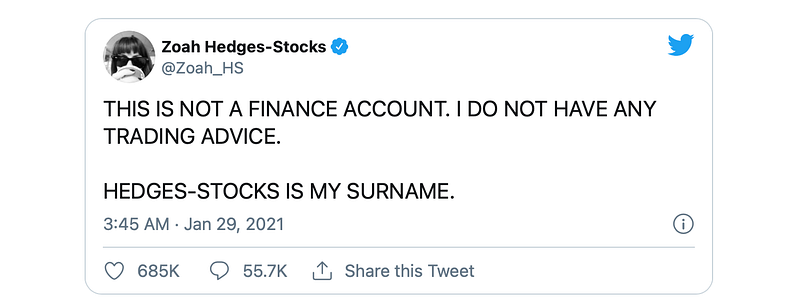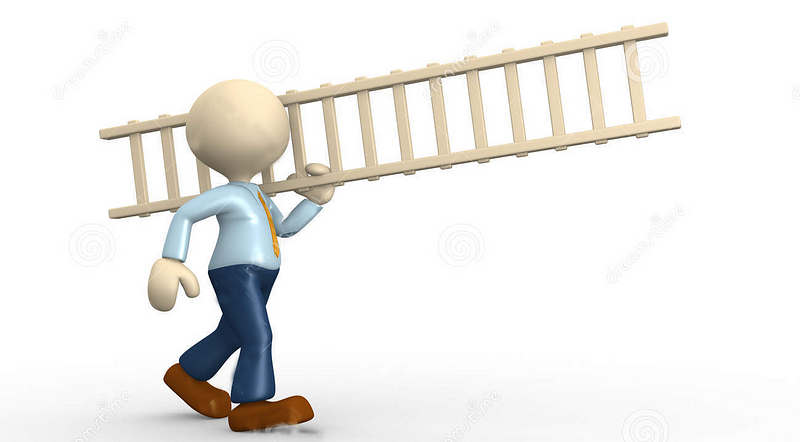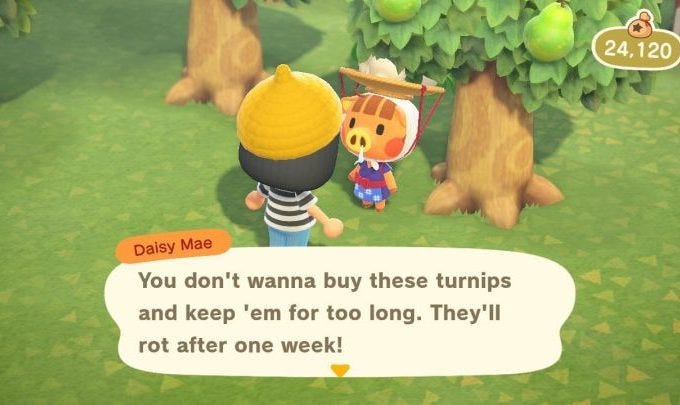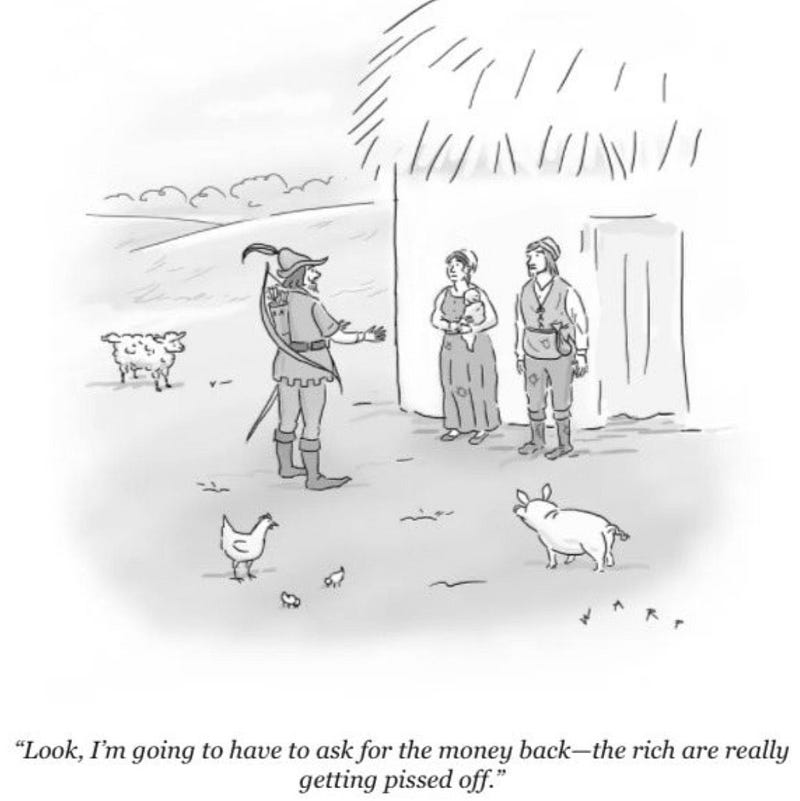
I work at a financial media company… but as a web designer. So, I am no more qualified to talk about financial news than this person.

So if you want an in-depth nuanced explanation of what happend with a lot of intimidating financial jargon, I strongly encourage you to read something written by someone more qualified.
But since friends of mine keep asking me about GameStop, and I had been avidly following the story, I wrote up some thoughts and was told they were understandable, so I figured that might be helpful for others, and I am sharing here as well.
A sample of an email to me
Greg, what’s the buzz regarding the GameStop stock trading issue?
I don’t fully understand it. It sounds like some hedge funds that spent a boatload of money betting GameStop would go bankrupt. (I think that’s how stock shorting works), and a large group of everyday investors decided to stick it to the hedge fund and caused the price to jump up and screwing over the hedge fund guys. And now Robinhood brokerage service stopped letting people buy or sell GameStop stock for some reason.
Is that correct? What’s the Fool take of that?
My reply
That’s pretty close to my understanding of shorting, but the company going bankrupt is the ideal case cause you never have to pay them back.
A metaphor for shorting that made sense to me was this: I borrow your ladder and immediately sell it online for $100; then, a bit later, I pick up the same ladder on sale from some big box store for $45. I return a ladder to you and keep the difference ($55). That is sort of how shorting works.
Now, if you moved away somewhere in there, I never needed to buy the new ladder and keep the whole $100; that’s that ideal case if the company goes bankrupt.

“Oh, yeah, I’ll get that ladder back to you, no problem. When are you moving again?”
So, GameStop was shorted by hedge funds. I think Melvin Capital had it shorted like 140% (and if you figure some shares are unavailable, locked into CEO bonuses and such, it could be more like 400%). So way more than there are even shares of the stock available. That would make it really hard to pay back all those shares unless the company went bankrupt, so I presume they were hoping for that.
And really, why not? Most games are downloadable from a phone or console. Gamestop is selling hard-copies of games in stores in dying malls during a pandemic.
But, get this, even though quarter after quarter Gamestop announced the millions it lost, they were still loaded with cash on the balance sheet (which is sort of like in the bank, I suppose). Meaning they were not going bankrupt right away.
That’s what the Reddit folk discovered, so months ago, a snowball of buying Gamestop started, and it kept rolling and rolling, Redditors buying more GME call options.
I should try to explain call options. They are kind of like the Turnip Market in Animal Crossing. You buy in lots of 100 for a finite period, and if you don’t take action, they rot or become worthless.

Nintendo teaching advanced financial investment solutions to children.
Nerdy math example, skip ahead if you don’t care:
Let’s say you buy 100 shares of a $20 stock. You pay $2000. If it drops by 50%, you lost $1000. Good so far? Now let’s say instead, you buy a $3 option with a $25 strike price (which is the price you are locking in the opportunity to buy the stock at). You only pay $300 ($3 x lot of 100). If it goes up to $36, you get in at your $25 strike price and then sell and pocket the $800 difference. Or you can also resell the option, which I hear is the more common approach, and I don’t understand enough to explain it here, so let’s gloss over that part. Back to our example: if the stock gets cut in half, your option does become worthless, but you are only out $300.
So, Redditors using brokerages (predominantly Robinhood) keep buying call options on Gamestop and driving the price up. The rising price impacts the margin (which I think is like cash on hand) needed to balance the hedge funds shorts. The margin goes higher; a shorting hedge fund like Melvin ends up selling some shares to handle that at the higher price, which forces the price up more. So Redditors are buying more and more shares, forcing the price up, which causes the hedge funds to sell more shares, making the price go up and up and up and on and on it goes. It’s called a short squeeze. Similar to a suicide squeeze in baseball, it rarely happens but is quite exciting when it does.
That’s my understanding of what happened to Marvin Capital; they lost billions in the short squeeze and were on the verge of bankruptcy. They had to get bailed out by another fund, Citadel. There may be a weird conflict of interest there cause Citadel also profits off of Robin Hood trades somehow. Maybe. I don’t get this whole bit either, and I am not a regulator.
So, the turntables have turned. The WallStreetBets subreddit is now calling what stocks will pop, moving collectively into one nostalgia stock after the next: AMC, Blackberry, Nokia, even Tootsie Roll. There are many calls for “diamond hands,” which seems to mean having the willpower not to freak out and sell. There’s one diamond handed Redditor who was up over $14 million in Gamestop at one point.
So, hedge funds are crying foul and not getting a lot of sympathy; meme stocks are exploding; the rest of the market is not keeping up. News outlets are picking up the story of a get-rich-quick scheme that is working. More individual investors are now jumping in, trying options, buying Gamestop. Hedge fund bailouts are not even working as stop-gaps. Things are spiraling. Robin Hood is being praised for living up to its name — taking from the rich and giving to the poor.

The app is so popular, it nearly overtakes the Disney fox as the most beloved Robin Hood.
And then comes Thursday, and essentially the markets never open for those nostalgia stocks. RobinHood takes the bad PR’s brunt, but just about every brokerage wasn’t selling those stocks. Why? My understanding is they couldn’t afford to. Something about their clearing house gauged the risk was too high and wouldn’t sell to brokerages. I don’t follow all those details. But the TL:DR was retail investors (individuals like the Redditors or you or me) shut out from buying. Is that legal? It sure doesn’t seem like it should be, but I am no SEC lawyer. But I am a RobinHood user and now part of a class-action lawsuit. Yay!
They did allow the selling of Gamestop, though. Robin Hood went the extra mile in pissing people off by selling their Gamestop out from under them (which was actually authorized through their terms of service). A whole day of selling and no buying did pull the stock price way back down out of the stratosphere, which should have allowed hedge funds to get out of their short positions without losing everything.
Robin Hood allowed buying again on Friday. It was heavily throttled, though, only allowing the purchase of a very limited number of Gamestop shares or options. Not enough trading to produce the volatility to start another squeeze, I think. I am in no way a financial expert.

So, where do things go now? No idea. It’s unclear if Redditors will back down; there is a lot of vibe there, like a movement against hedge funds and Wall Street. It is admirable to take them on and great irony to beat them at their own game. Not sure where it leads, though. I don’t know how long I would want to keep a portfolio of Gamestop, AMC, and Tootsie Roll to make a statement.
Oh, and politicians started weighing in, on the same side no less; you probably saw that. It is not sure that indignation will go anywhere, but Congressional hearings diving into subreddits, “diamond hands” and “stonks” sounds like a train wreck worth watching.
Anyway, you asked what the Fool thinks. I know they’ve published a number of articles about this. I do not speak for the company. But I have learned a lot about Foolish investing in my time there, so I’ll tell you my take, which is…
The market is risky, you need to be careful out there. Get rich quick nearly never work, and even if you can game the system, the system can adjust. The best way to secure your financial future is not trading but investing in great companies and holding for a long time, even through substantial market swings.
That’s the way I understand Foolish philosophy. Hope that helped,
Greg
Disclosures: All thoughts and explanations — the accurate ones and especially the inaccurate ones — are all my own and do not reflect my employer who does not pay me to explain macro-economics news. I do work at The Motley Fool. I do not own any stocks mentioned here. I do have a Robin Hood account with no stocks in it. I did hear that explanation of shorts on Twitter and found the comic of Robin Hood there as well. I do believe the Disney fox is the definitive Robin Hood and will not be taking any questions.